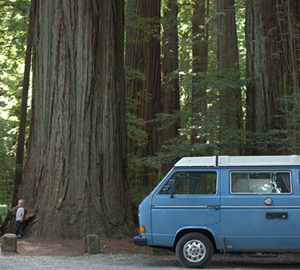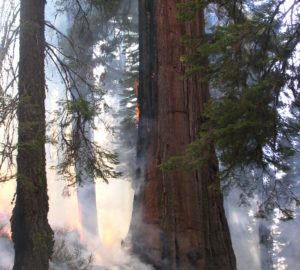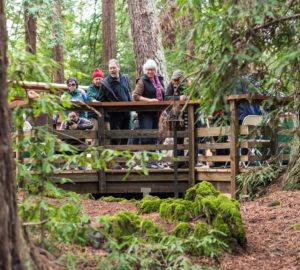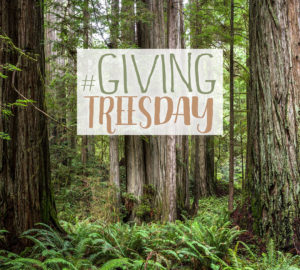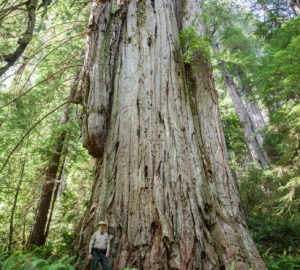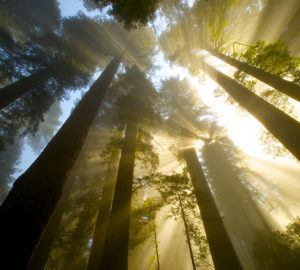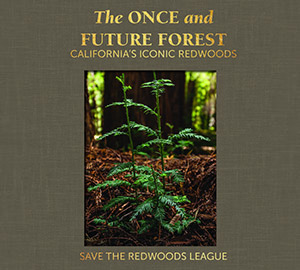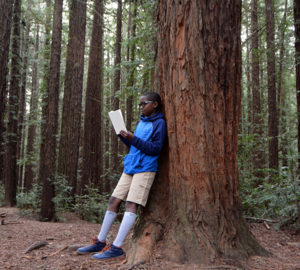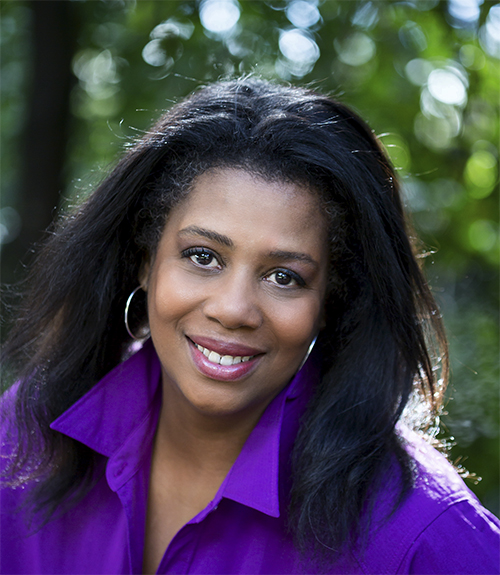
“But that understanding came as I grew older when I married and became a mom of three kids,” Mapp says. “It wasn’t just that I loved nature. I discovered this impulse to share what I’ve experienced with other people — people who look like me.”
Mapp is African American and is acutely aware that black women, men, and children are woefully underrepresented in the ranks of outdoor recreationists.
“It can be awkward when you’re the only African American in a group of hikers or campers,” Mapp says. “It’s a feeling I experienced many times.”
She wanted to change that dynamic — but how?
“I can still remember the exact moment when I realized what I wanted to do,” Mapp says. “I was in graduate school, and I was discussing possible options with a mentor, and at one point he asked me what I really wanted to do. I just blurted out that I wanted to start a website that would connect African Americans with the outdoors. It was like I opened my mouth, and my entire life, my destiny, just spilled out.”
So in 2009, Mapp started Outdoor Afro (external link). Initially, the website served as a frame for Mapp’s blogs on her personal connection to nature, but it quickly evolved into a national conversation platform for the African-American community. And as people connected online, they got together to hike, camp, bike, fish, and ski.
“People were hungry for connection, with the outdoors and with each other,” Mapp says. “It’s grown to the point that we now have 70 leaders in 30 states and 20,000 people in the network.”
Outdoor Afro is open to all, but the focus remains on African Americans for a couple of reasons.
“We want to break down those narratives of ‘taking kids from the hood who’ve never seen a tree,’” she says. “There’s something patronizing about that. We’re about empowering families, of making the outdoors a family and community experience. We provide specific instructions to parents on what to expect, the gear they’ll need, and then we put them in touch with like-minded people.”
Too, Mapp feels the outdoors is a heritage that was brutally wrested from African Americans, and they not only have a right to reclaim it — they have an obligation.
“There is still a kind of latent resistance in the community about ‘the woods,’” says Mapp. “When blacks were taken to the woods, terrible things often happened to them. Those psychic vestiges remain, and we want to eliminate them, so people can enjoy the beauty and the power of nature that is rightfully theirs.”
Mapp believes the redwood forest has particular significance for the African-American struggle.
“I spend quite a bit of time with people in the second-growth redwoods of the East Bay hills,” she says. “I point out to people that there were once trees here that were 300 feet tall and 20 feet in diameter, and that someday the trees that are growing now will be that big.
There is a resilience to the redwood forest that is both beautiful and instructive. They’ve persisted despite the violence done to them, and now they’re thriving again. That’s a story that has real resonance for African Americans, and for me, it’s one reason that the mission of Save the Redwoods League is so compelling. The League was a major force in establishing those East Bay parklands. In a lot of ways, their work made my work possible.”
Learn more about how you can connect with more than 100 redwood parks and reserves throughout California.

